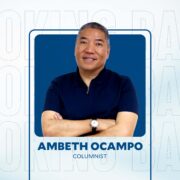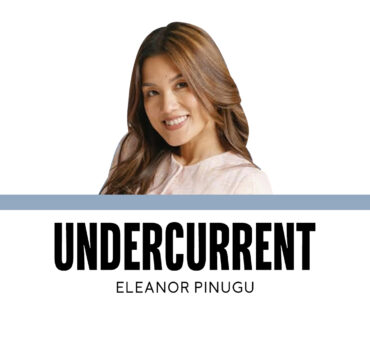Advancing DEI for a healthier, inclusive PH

In the Philippines, corporate social responsibility (CSR) has evolved from sporadic acts of philanthropy into a more structured, strategic, and values-driven practice that aligns business goals with the broader needs of society. Over the past three decades, the League of Corporate Foundations (LCF) has played a critical role in shaping this transformation. Established in 1991, the LCF has become the country’s leading umbrella organization for corporate foundations and CSR practitioners, fostering collaboration and promoting practices that contribute meaningfully to national development.
A milestone in the institutionalization of CSR was Proclamation No. 299, signed in 2000, which declared the first week of July as National CSR Week. Since 2001, CSR Week has served as a platform for dialogue, learning, and showcasing innovations across sectors—uniting corporate entities, nongovernment organizations, civil society, government agencies, and academia in the shared goal of nation-building. The annual CSR Conference and Expo, organized by the LCF, is a key event during this week—one that reflects not just progress, but a shared commitment to inclusive and sustainable development.
With the theme “Diversity, Equity, and Inclusivity for Shared Prosperity,” this year’s CSR Conference and Expo highlights the urgent need to dismantle systemic barriers that marginalize communities and limit access to health, education, economic opportunities, and more. It’s a timely and necessary pivot because, despite the Philippines’ economic advances, glaring inequities persist, leaving large segments of the population behind.
What makes this year’s conference more relevant is its focus on how diversity, equity, and inclusion (DEI) principles—long considered the domain of human resources departments—can be elevated to a strategic imperative within CSR frameworks. The call is clear: CSR must go beyond charity. It must become a tool for systemic change.
CSR initiatives that meaningfully embed DEI not only strengthen social cohesion—they create environments where everyone, regardless of background, has the opportunity to thrive. For companies, this is not just the “right thing to do”—it’s a smart strategy. Diverse and inclusive communities are more resilient. Equitable societies foster more stable markets and healthier citizens. Inclusivity drives innovation. Shared prosperity means shared progress.
The 2025 conference features a powerful array of thematic plenary sessions aligned with LCF’s seven priority areas: arts and culture, disaster resilience, education, enterprise development, environment, financial inclusion, and health. Each session provides concrete case studies and actionable recommendations on how DEI can be integrated within these domains.
Of particular relevance is the health session, which zeroes in on one of the most overlooked yet deeply urgent issues of our time: mental health. This session will explore how CSR initiatives can mainstream mental health services—especially for vulnerable and diverse populations—into broader health and development programs. Mental health is often stigmatized, underfunded, and invisible, particularly among marginalized groups such as low-income workers, LGBTQIA+ communities, indigenous peoples, and persons with disabilities.
A DEI lens compels us to ask: Are mental health services accessible to rural and urban poor communities? Are programs culturally sensitive and linguistically inclusive? Do policies protect those facing discrimination or trauma? In short: Are we designing mental health interventions for all, or only for the privileged?
By funding community-based programs, integrating psychosocial support into employee wellness efforts, and partnering with NGOs and public health institutions, companies can lead the charge in normalizing and broadening access to mental health care. It is not only a moral imperative but also a matter of economic productivity and social well-being. As the pandemic has shown, mental health is not a luxury—it’s essential infrastructure.
This year’s conference challenges us to look beyond our immediate circles and reimagine corporate citizenship as an engine for equity and dignity. It invites us to invest not just in projects, but in people.
To every business leader, CSR officer, foundation executive, and changemaker: now is the time to act. Make DEI central to your mission. Use your influence to bridge gaps, not just market them. Let your CSR programs speak not only of generosity but of justice. The path to shared prosperity starts with shared responsibility.
Let us make the 2025 CSR Week not just a celebration of what has been done—but a bold declaration of what more we must do. In building a more diverse, equitable, and inclusive society, we are not only uplifting the vulnerable—we are strengthening the future of the Philippines.
—————-
Dr. Anthony Rosendo “Tonyboy” Faraon is chief of party of The Challenge Initiative (TCI) Philippines and chair of the LCF Health Committee.

















